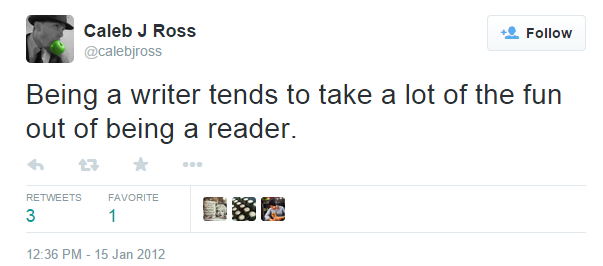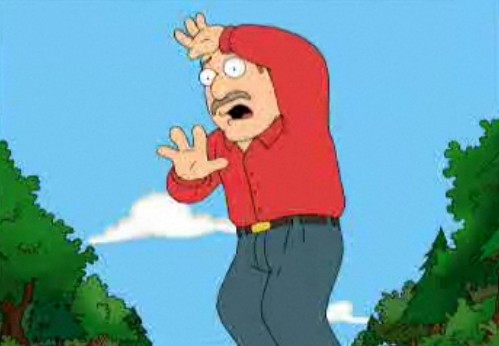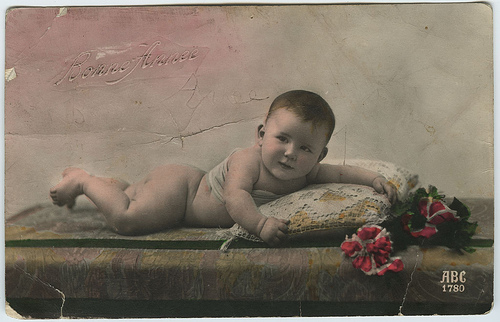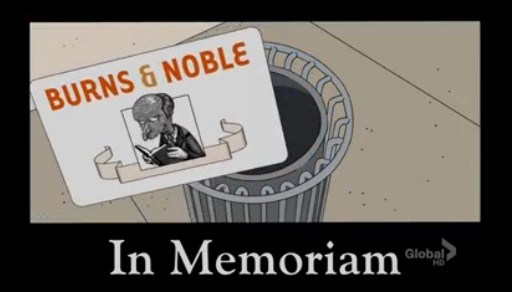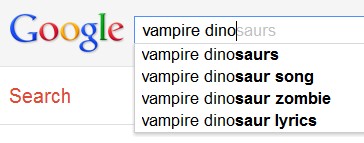Up-front apologies for the sound quality for the first 10 minutes of this episode. Though, don’t let this apology deter you from listening; Pablo’s lovely voice (and Caleb’s less lovely voice) still shine through. After the 10 minute mark, everything becomes crystal clear(er). Caleb J. Ross and Pablo D’Stair discuss a recent tweet sent from @calebjross that speaks to the problem of authors and their reading habits, particularly about how being a writer tends to lessen the enjoyment of reading. Of course, part of the enjoyment that writers get from reading comes from the dissective act of reading, but what about when we just want to enjoy a damn story? Is it possible for a writer to be a passive reader?
Posts By Caleb J. Ross
I’ve been non-stop busy the past few weeks. I feel as though I’ve done nothing, as my to-do list never shrinks. But somehow, as I look back, all that I felt never happened, is done. Here’s a few things: The wonderful Robb Olson and Livius Nedin at Booked Podcast did a full episode about my work, splitting time with my two newest books, I Didn’t Mean to be Kevin and As a Machine and Parts. The things these guys say, it makes me blush colors of red never before blushed by humans. Listen to the full episode now, and be sure to stay to the end to hear Mlaz Corbier say awesome things about my awesome socks. Pablo D’Stair and I recorded another episode of The Velvet Podcast. We talked about one my recent tweets: [blackbirdpie url="https://twitter.com/calebjross/status/158648828218707968"] I hope to have the episode edited and posted within a week. As…
(part of my ongoing Unexpected Literary References series) Though the episode is quite old, I caught this reference to Stephen King and Dean Koontz in the episode called "Brian in Love" from season 2 of Family Guy. On the surface, the gag speaks simply to the poor man's Stephen King perception of Dean Koontz. But, when you consider the real life car accident that Stephen King suffered in 1999 the gag gets way gaggier.
I’ve called myself a writer of grotesque family fiction, but what does that term really mean? I give a brief definition of grotesque domestic fiction, or grotesque family fiction, by way of example, in an earlier blog post: Take a family situation—usually some sort of broken family dynamic—mix in something grotesque—possibly morbid but not necessarily—and you’ve probably got domestic grotesque. But I don’t know if that fully captures it. Up front, I have to say that I’ve always been the type to back away from definitions that try too hard to avoid definition. You know the type; those writers who say, “No, I don’t write horror fiction, I write transgressive commentaries on modernist life where social norms are exposed as metaphorical fangs in the collective neck…” But in the world of marketing, it is important to simultaneously embrace and reject established genres. You know, ride coattails while sewing your own.…
I love cartoons. I love books. I love when these two vices come together. Since June 2010, when I noticed a Shirley Jackson nod in an episode of South Park, I’ve become sensitive to other literary references in pop-culture, specifically cartoons. These past few months have been strong for my Unexpected Literary References series. South Park, American Dad, Looney Tunes, Conan O'Brien, and The Simpsons all delivered. But what makes this blog post worthy is a comment on a recent-ish blog post (about Neil Gaiman’s appearance on The Simpsons): “why are they ‘unexpected’? Especially in the programs you tend to feature (especially in the Looney Toons!–not to mention Hannah and Barbara stuff, not that you’ve mention that, yet) it is actually quite expected and part of the draw of the programs.” What do you think? Am I jaded? Are references to literature in pop culture more common than I give…
How the hell did I not post about this already? Things have been busy around here, in all good ways, I assure you. But that's no excuse. You should have known much earlier than now that I Didn't Mean to be Kevin is officially here! For now, it's available in the Kindle store and will be going live in other stores, both electronic and print, in the coming days. Get it now.
Back in November I wrote a blog post about standardizing your name for search engines. One of the most common responses I received from this post was from authors with unique pen names who cited their unique names as a reason to exempt them from the post’s advice. Basically, their ideas went that a writer with an uncommon name—we’ll use Maximus Pandroistien for this example—should not be worried about being outranked by other websites in a search results page because the likelihood of a similar name existing is nil. While this logic is true, it is narrow-minded. And please, pass along my condolences to Mr. Maxie Pandy and his presumably horrible childhood. But here’s the important bit: potential readers who already know your name are not your target demographic. After all, they already know about you. You want to reach those who may be interested in your style of work…

